Vamos a aprender los diferentes usos y equivalentes en inglés de la palabra “patrón”:
1) PATRÓN AS OWNER
When talking about a person who owns a business or property, the term “patrón” is translated as “owner”, “boss”, “employer”. In the past, the term “master” was a frequently-used translation as well.
- El patrón está supervisando el trabajo en la fábrica.
- The boss is supervising the work at the factory.
2) PATRÓN AS PATTERN
When we talk about the model of an object that serves as a guide to recreate it, we translate “patrón” as “pattern”:
- Ella tiene un nuevo patrón para hacer vestidos.
- She’s got a new pattern to make dresses.
3) PATRÓN AS PROTECTOR
The term “patrón” can be used to describe someone who protects others, physically, financially, or both. In this sense, the term can be translated as “protector”, “guardian”, or even “sponsor” when applied to the financial aspect.
- Él ha donado grandes cantidades de dinero a museos y artistas para promover y preservar su trabajo. Es un verdadero patrón de las artes.
- He’s donated large quantities of money to museums and artists to promote and preserve their work. He’s a true sponsor of the arts.
4) PATRÓN AS PATRON SAINT
In religion, the term “patrón” refers to a saint who is the special guardian of a person, group, trade, country, etc.
- Santo Tomás de Aquino es el patrón de los estudiantes.
- Saint Thomas Aquinas is the patron saint of students.


